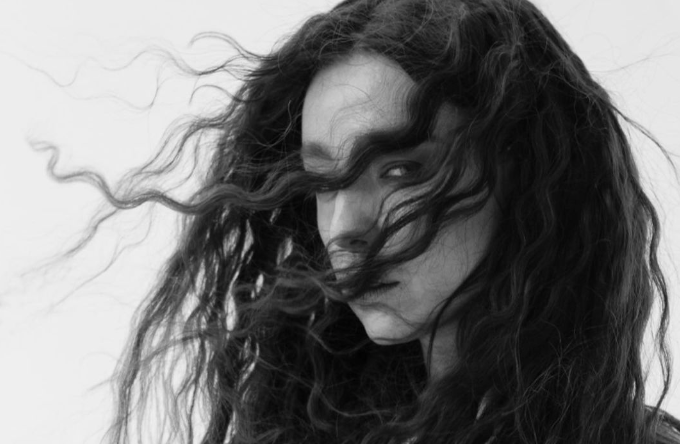Dasha is the Singer-songwriter of the hit “Put Basta”, which blew up the charts in Russia and the post-Soviet countries, and her career is like a roller coaster, with rapid ups and downs.
Dasha Sergeevna Suvorova was born on February 1, 1988, in Kishkunmaisha, Hungary in a military family. Two years later, the family moved to Artemovsk, Donetsk region, where Daria spent her childhood and youth. From the age of five, she studied ballet and danced in the sports and ballroom dance ensemble, and at the age of 14, she entered the Artyomovsk music school in the vocal class, where she studied for three years. ut Dasha did not have a clear understanding of who she wants to become in the future. After graduating from nine classes of secondary school, she entered the pedagogical school at the music department. Two years later, she transferred to another, not related to the music, department, and, having received a diploma, left for Kyiv. After graduating from this institution, Dasha decided to devote herself entirely to music and in the summer of 2011, she entered the KIM named after I. RM Glier, for pop-jazz vocals.
In the same critical year in her career, Dasha Suvorova burst into the world of show business with the hit “Put Bastu” (“And she won’t sleep again until morning”), without suspecting what sensation she would make in the world of show business. The lyrics and music of the song were written by herself. Soon, director Vitaly Pleshakov shot a clip for the composition, which gained 7.5 million views on YouTube.And which stood for more than 20 weeks in the most authoritative musical hit parade of Russia – ” Golden Gramophone “, having risen to its top in November 2011. At the end of 2011, the track Suvorova received “Gold status” for high sales exceeding 100,000, and also entered the Top 50 best ringback tones in Russia.
At the beginning of May 2012, Dasha Suvorova presented the fans with the solo program “Will Put Basta and Other Rock and Roll”. Music lovers were convinced that the performer was not a virtual Internet project, and they received the program warmly. Suvorova was nominated for the Muz-TV and RU.TV awards. Soon there were clips for the songs “I sing to you” and “Stop the bus”.
In November 2012, Dasha Suvorova presented her debut studio album “Cosmonaut”. The singer’s fans heard the compositions of the disc before the official release on the Billboard magazine website. After the release of the album, music lovers from Russia and Ukraine became convinced that Daria is not only a hip-hop princess but also a composer and a poet, not devoid of vocal ambitions. The song “Dislike”, performed by Suvorova together with Irakli, was included in the debut album and became a hit, for which the performer was awarded the “Golden Gramophone” statuette.
In July 2013, Suvorova presented her second studio album “312 is closed”, which was released simultaneously in Ukraine and Russia. The album includes 15 deep, lyrical tracks. According to the singer, they are filled with sadness, which she understands and perceives more than joy and fun. The single of the fresh work was the composition “Above the Ground”.
In 2014, Dasha presented the fans with the album “Runny nose”, consisting of 11 songs. The most popular were: “Comatose Love”, “Swing”, “Cotton candy”, “Seagulls”, “The Last Hero”. The following year saw the release of Suvorova’s fifth studio album, “Multicolored Leggings”. The mini-record consisted of six tracks: “Lilies of the Valley”, “Because of You”, “My Spring”, “Matches”, “Never”, “Colorful Leggings”.
In 2017, Daria recorded a demo version of the song in Ukrainian “I Still Love”. Max Barskih liked the track, who invited the artist to record a duet. Soon the song became popular and brought Suvorov back to the world of show business. In 2018, the singer presented the Ukrainian-language album “Be strong until the end”, which included nine compositions.
On February 1, 2021, on her 33rd birthday, Dasha Suvorova released the author’s version of the song “Heaven”, written by Konstantin Meladze and included in the repertoire of Valery Meladze. Dasha calls the official permission received from Konstantin to perform this composition an expensive and significant gift.
[zombify_post]
















